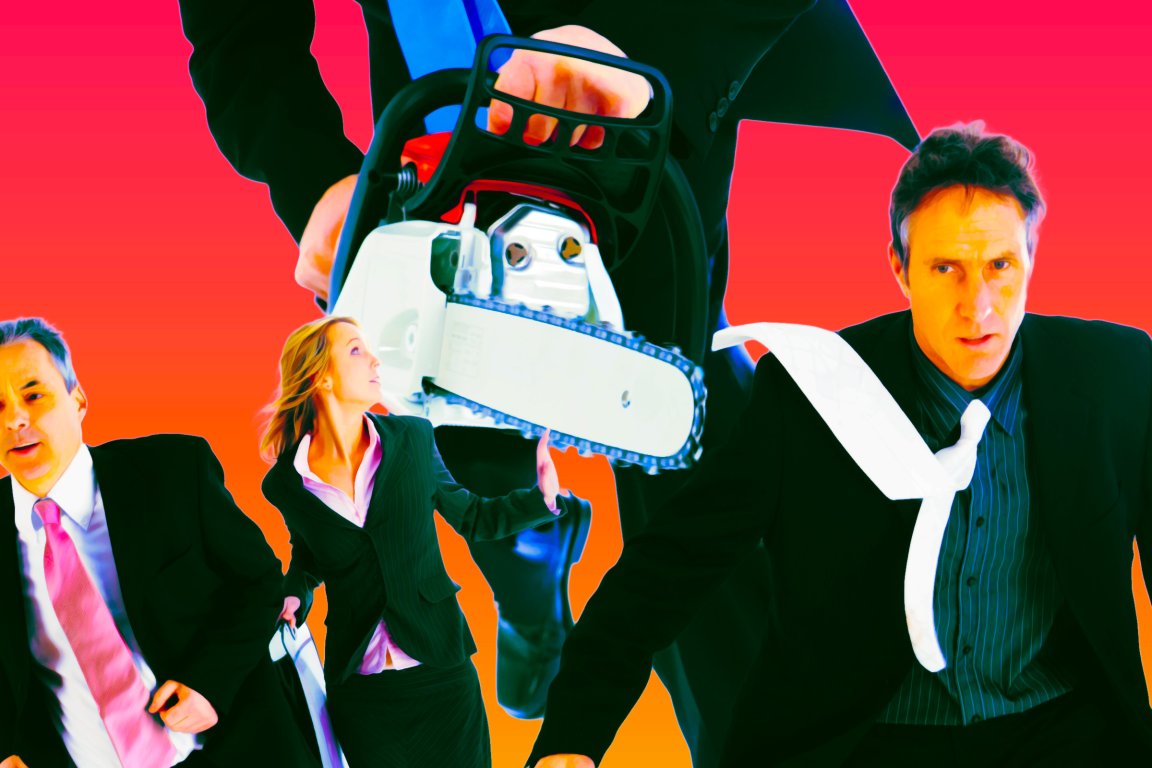
If you thought AI’s endgame was a fully automated utopia where everyone finally lives in harmony, think again.
According to Nobel laureate Geoffrey Hinton — often called “the godfather of AI” for his contributions to the tech — the future for AI in its current form is likely to be an economic dystopia.
“I think the big companies are betting on it causing massive job replacement by AI, because that’s where the big money is going to be,” he warned in a recent interview with Bloomberg.
Hinton was commenting on enormous investments in the AI industry, despite a total lack of profit so far. By typical investment standards, AI should be a pariah. There’s historical precedent for this — tech observers and economists typically point to periods known as “AI winters,” stretches of time when funding for AI research and development slowed to a crawl.
As Fortune noted, OpenAI alone has accounted for over $1 trillion in AI infrastructure deals, and still managed to lose some $11.5 billion in revenue over the last three months.
Asked by Bloomberg whether these jaw dropping investments could ever pay off without eviscerating the job market, Hinton’s reply was telling.
“I believe that it can’t,” he said. “I believe that to make money you’re going to have to replace human labor.”
For many who study labor and economics, it’s not a statement to be made lightly. Since it first emerged out of feudalism centuries ago, the market economy has relied on the exploitation of human labor — looms, steel mills, and automobile plants straight up can’t run without it.
The issue is that human labor comes with a cost to the factory owner, namely: wages. For an investor, a corporate executive, or a tech tycoon, AI represents the answer to the question of human labor, which eats into profits.
As tech researcher and Futurism contributor Jathan Sadowski put it in his recent book “The Mechanic and the Luddite,” AI “promises to solve the problems of capitalism by unlocking exponential growth, eliminating labor costs, deskilling workers, optimizing efficiency, and manifesting a slew of other outcomes.”
In other words, the seemingly irrational hype behind AI is really hope that the tech will usher in a new era of social development, which will finally make workers obsolete. If that comes to pass, the horrible consequences aren’t set in stone, Hinton noted.
“It’s not like nuclear weapons, which are only good for bad things,” the AI scholar told Bloomberg. “It’ll do tremendous good, and in fact if you think about it increasing productivity in many, many industries, that should be good.”
Yet who benefits from that tremendous good depends “on how we organize society,” Hinton added — a comment which wouldn’t sound out of place if it were written in a certain 19th century manifesto.
More on automation: Jerome Powell Deeply Concerned About AI’s Effects on Job Market